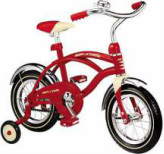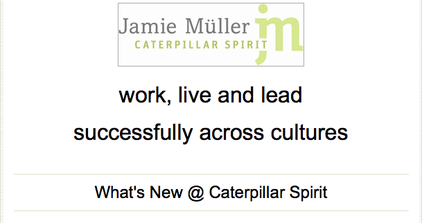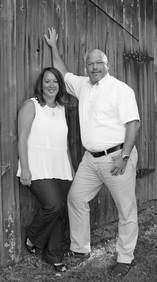|
Working in the field of professional and personal development, we often focus on soft skills and not hard skills. However, the soft skills are often the hardest skills for so many. But those are the skills that matter and prevail.
Water is fluid, soft and yielding. But water will wear away rock, which is rigid and cannot yield. As a rule, whatever is fluid, soft and yielding will overcome whatever is rigid and hard. This is another paradox: what is soft is strong. - Lao Tzu (600 BC) Completely removing all frustrations from our lives and from all relationships is an unrealistic goal.
However, reducing our stress cycle to a particular situation can truly change in how we approach life. If a current stress cycle to a challenging situation is 1 week, setting a goal to reduce it to 3 days is realistic and gives back the control one may need in managing the frustration and knowing it can be managed in a different manner. Yes, it is going to be frustrating but perhaps not for 1 week. It may not be easy, but it certainly can be easier. Reminding yourself of these helpful questions in the middle of stress cycle, however long, can help:
To manage change, you need to follow a process.
For a transformation, you need the right attitude. Change doesn't require a new attitude, transformation does. Change is about information, skills, knowledge. Transformation is about attitude. People can change all the time. Transformation is more rare. But when it happens, it moves. Change fixes the past. Transformation creates the future.  I've decided to stop trying to find balance. I don't think it's possible nor realistic. As soon as you find 'it' and are momentarily balanced, something happens and you feel out of balance. Instead, I've decided to simply practice balancing. Sometimes, I need training wheels to keep my balance. Other times, I feel balanced riding without. Being balanced is not a one-time event. Balancing is an everyday practice. And sometimes you still need your training wheels. Asking the question WHY in my coaching sessions doesn't happen so often.
You may be asking yourself, 'But why?' The question WHY seeks rationalization and can cause us to create and put into words a list of rational reasons for our decisions or actions. These reasons may or may not be true and may or may not actually be helpful. They only answer the question WHY. When we ask WHY, we embed ourselves deeper and deeper into our already exsiting beliefs and opinions. It often leads us to feel and be defensive. When we are defensive, we are not open to new ideas and possibilities and able to learn. Coaching - without the why - provides the structure through questioning to stretch your existing beliefs and opitions and offer new perspectives and options. Someone says: I can’t. A possible response: Why not? WHY focuses us on the past and moves us backwards towards reasons and memories. Instead of asking WHY, try asking: What stops you? -- Switches the focus on the barrier itself and what is stopping you. What would happen if you could? – Begins the process of imagining solving the problem. This can be a very powerful question. As a consequence of the way our brains process the language of the question, we don’t even really think about what is happening. In order to answer the question, we have to imagine that we have solved the problem. Through our own answer, we give ourselves options and resources we didn’t know existed and the empowerment to take action. In addition, we can find hidden thoughts (fears, stress, etc.) about what we think if we actually did it. Often times it is here where we can see the once hidden barriers to making changes. Quick Tips for Replacing WHY I’ve included a handful of other questions to answer the ‘I can’t’ in your life.
For me, ‘I can’t’ isn’t a reason why I can or cannot do something. It's just an action verb. Asking other kinds of questions can lead us to figure out what we can do, what we really want do and how we can do it. 'The only time you actually grow is when you are out of your comfort zone.' These aren't my words, but I've been told this is true.
I went to my second Bikram Yoga class yesterday. 'Second' meaning my first one was 10 years ago. I guess the first time was so hot (literally) that I needed a decade to cool off. To say the least, I was hot, sweating and clearly out of my comfort zone. The people around me amazed me with how they moved with grace as I felt my thighs and knees shaking as I was trying to find my balance. I'll be back tomorrow for another stretch outside of my comfort zone. They say the second class is the 'fun class'. We'll see. And you? How are you stretching outside of your comfort zone today? |
Get culture bumps
|
Copyright © 2024 / Caterpillar Spirit / Heidelberger Strasse 70 / 69151 Neckargemünd-Waldhilsbach / Germany
Tel.: +49 (0) 172 75 71 479
info(at)caterpillarspirit.com
Work. Live. Lead. Successfully Across Cultures.
Tel.: +49 (0) 172 75 71 479
info(at)caterpillarspirit.com
Work. Live. Lead. Successfully Across Cultures.


 RSS Feed
RSS Feed

